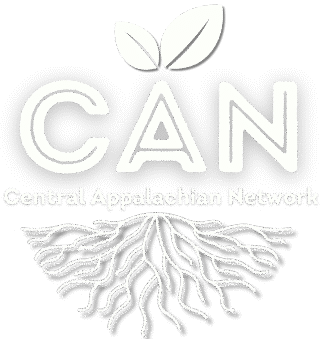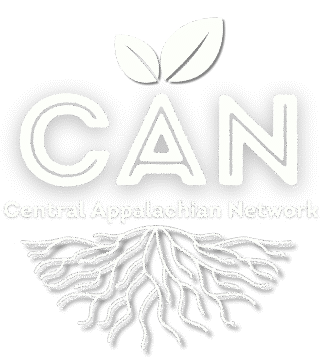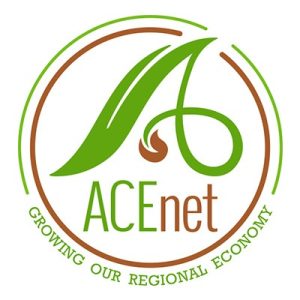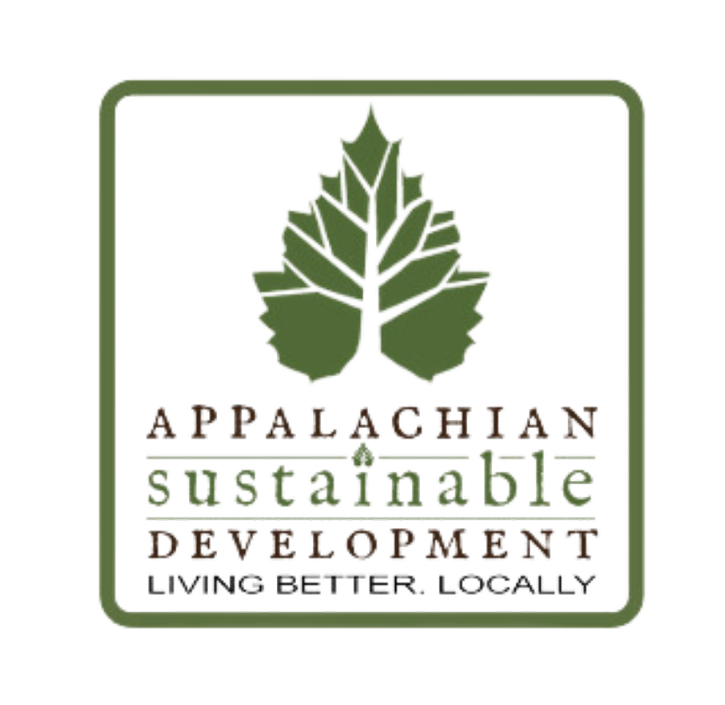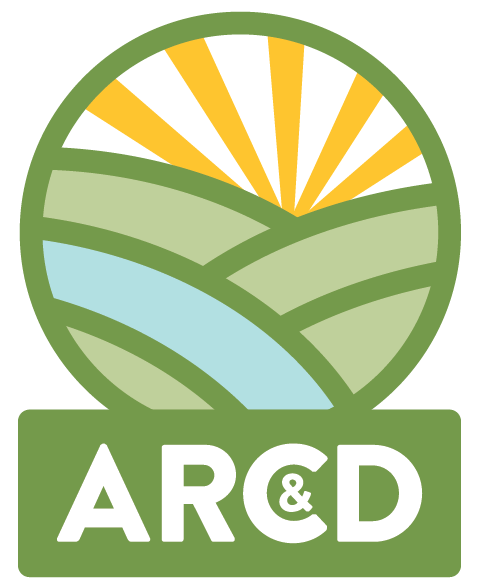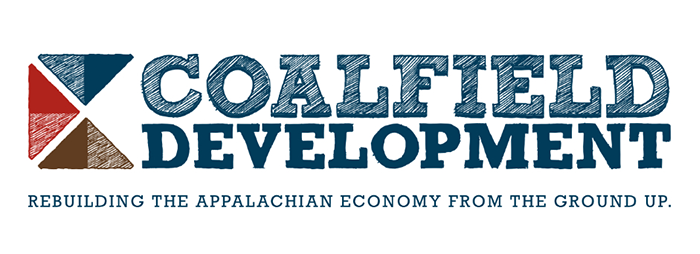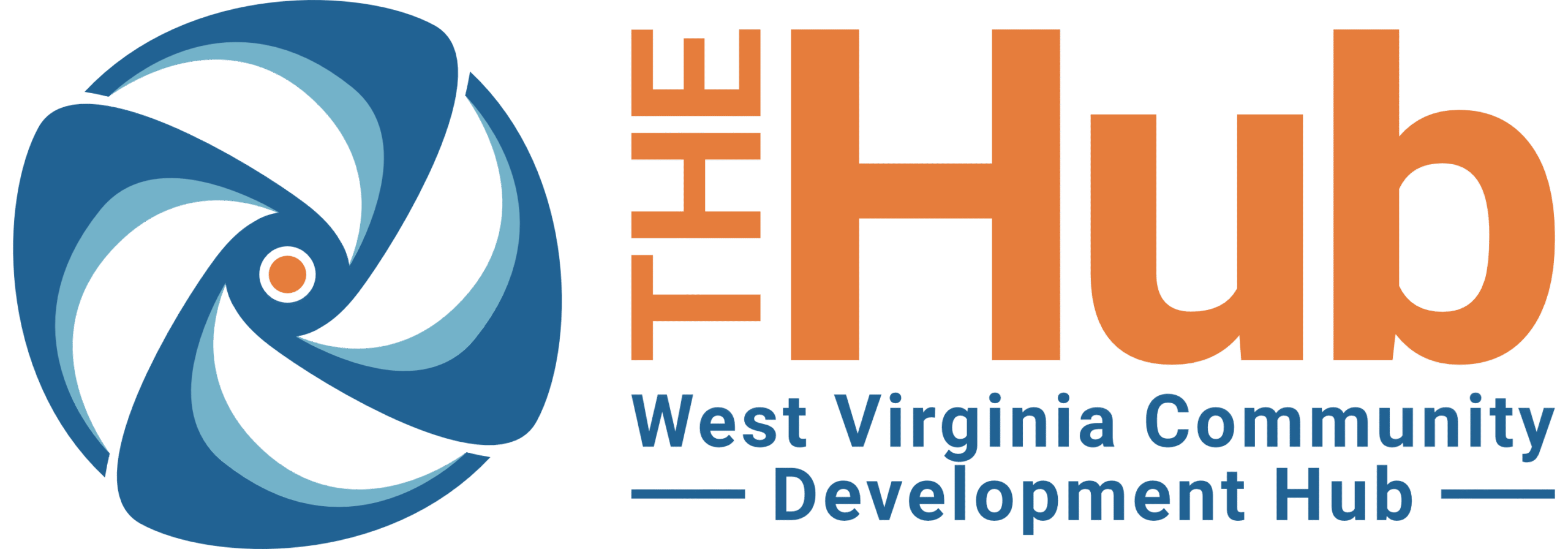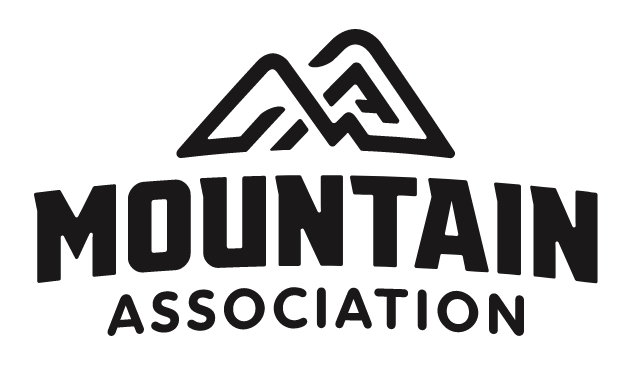The Central Appalachian Network strives to maximize the impact of collective work by fostering peer-to-peer learning and economic opportunities.
Central Appalachia Resiliency Exchange (CARE)
Check out our new Community Resilience Resource Hub
Why Our network?
“ We’re able to reach local communities in impactful and significant ways through the relationships that our practitioner organizations bring and have cultivated over decades of deep local community work”

Autumn Long
Director, Solar Finance Fund
CAN Participant &
Former Energy Working Group Co-chair
Who We Are
CAN is a network of networks led by a Leadership Team comprising a cohort of mentor organizations alongside the co-chairs of each Working Group. The Working Groups are sector-focused networks that coordinate regional analysis and strategies in areas such as Energy; Food and Sustainable Agricultural Systems; Reuse (Materials management and circular economy); Community Resilience; and Ecological Restoration. The larger Central Appalachian Network includes the participants of these sector-based Working Groups, along with an open invitation to those that wish to engage CAN in their own work and community.
Our network of practitioner partners includes nearly 100 different organizations working on community economic development, including: nonprofits, local government agencies, lenders, community groups, social enterprises, and academic institutions. These networks are creating economic opportunities that are building on our cultural assets, natural resources, and meeting the needs of our region’s people.
CAN’S OBJECTIVES
Promote community resilience, wealth, & wellness.
Working Groups
Working Groups are a key element of the Central Appalachian Network (CAN).
They advance priority sectors in the region to build capacity, foster peer learning,
and implement collaborative strategies. Learn more about the working groups here.
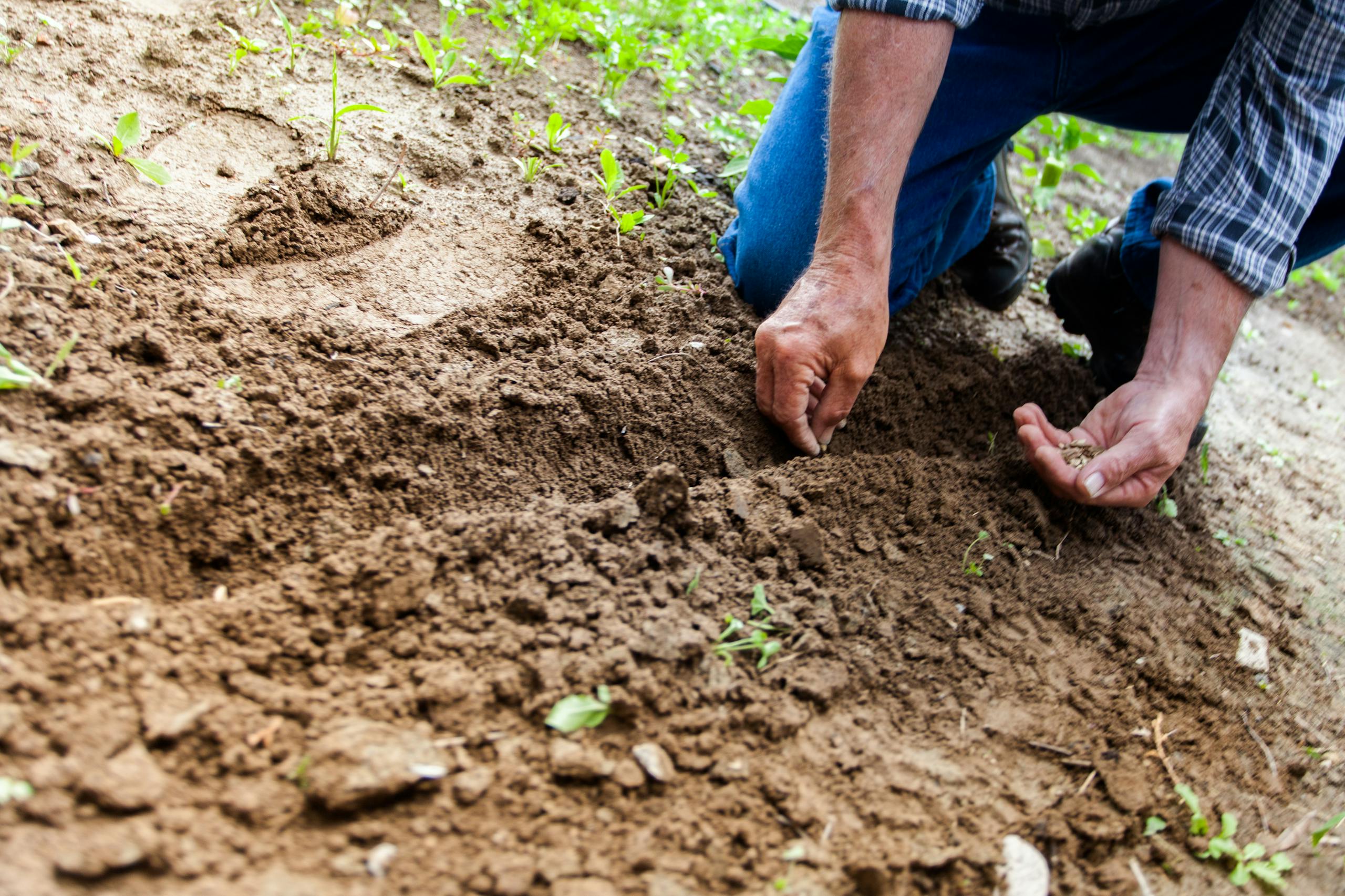
Beginning Farmers

Community Resilience
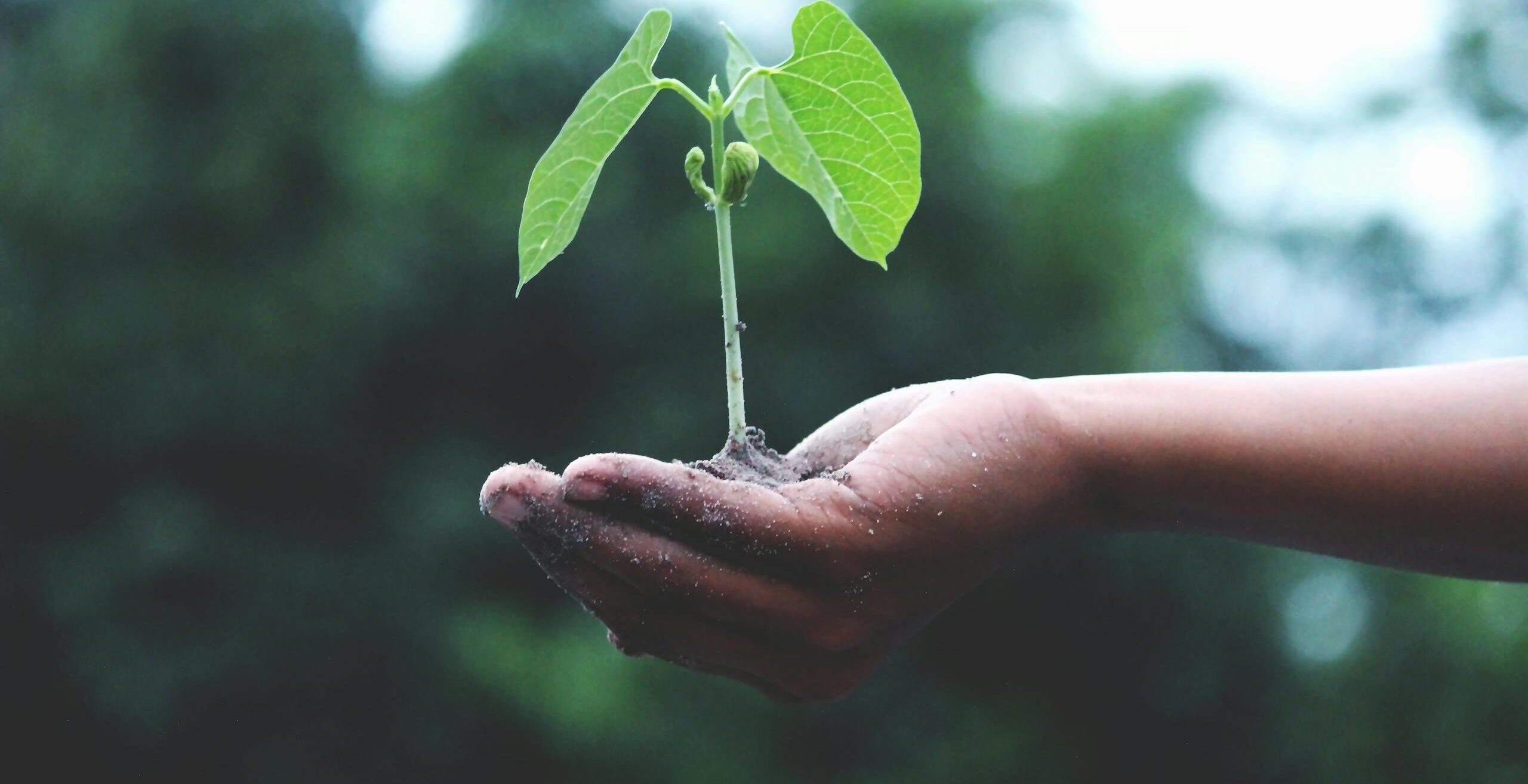
Ecological Restoration

Energy

Healthy Food Access

Food Processing

Reuse

Workforce
Our events
Find out more
about our events
What participants
are saying
Our participants foster deep collaboration throughout the region.
Central Appalachia Resiliency Exchange (CARE)
Explore our resource hub that contains information curated for use in the region to cut through the noise and allow our communities to move towards implementation and resilience building. This toolkit is organized topically by potential users and is focused on those resources that are ready for implementation by communities, local businesses, households, farmers, and other organizations. Resources are all publicly available.
Who can benefit from these resources:
Central Appalachia Resilience Exchange (CARE)
Find out more here.

Latest updates

CAN joins in a climate conversation with Environmental and Energy Study Institute (EESI)
Listen in as our Network Coordinator along with Missy Allen, the Grants Director/Special Project at Floyd County Fiscal Court, speak with EESI about developing a plan for a community resilience hub in Floyd County, KY. This opportunity is being supported from a grant provided by Climate Smart Communites Initiative.
